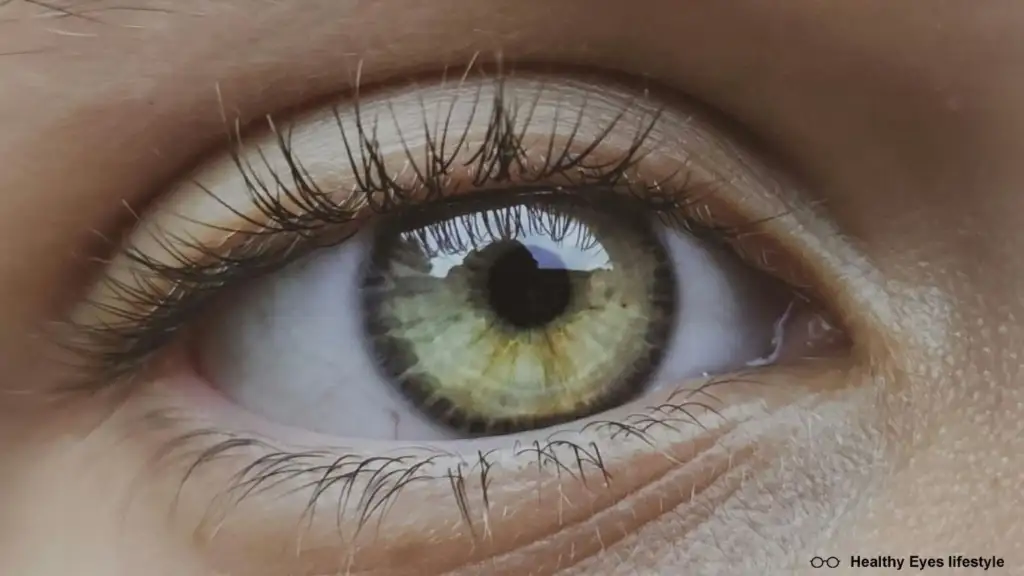Share This Article
Table of Contents
What to Expect After Cataract Surgery
Cataract Surgery Recovery is one of the most common and successful surgeries globally. The procedure involves removing the eye’s cloudy lens and replacing it with a clear artificial lens, allowing patients to regain clear vision. While the surgery itself is quick and minimally invasive, the recovery process is vital to ensure the best possible outcome.
This guide covers everything you need to know about cataract surgery recovery, including a detailed timeline, what to expect, and tips for a smooth healing process.

Immediate Post-Operative Period (Day of Surgery)
Cataract surgery is usually an outpatient procedure, allowing patients to return home the same day. After surgery, your eye will be protected by a shield to prevent accidental rubbing or injury. What to expect:
- Blurry Vision: It is normal to experience blurred or distorted vision immediately after surgery. This occurs because the eye needs time to adjust to the new intraocular lens (IOL). Vision typically begins to clear within a few hours or days.
- Mild Discomfort: You may feel mild discomfort, itching, or a gritty sensation in the eye. These symptoms are normal and usually fade after the first few days.
- Light Sensitivity: Bright lights may feel uncomfortable initially, and your surgeon may recommend wearing sunglasses outdoors.
- Watery or Red Eyes: Slight tearing and redness are common, and should gradually diminish.
You will need to arrange for someone to drive you home, as you will not be able to drive right after surgery.
Common Symptoms After Cataract Surgery (First 24-48 Hours)
| Symptom | Description |
| Blurry Vision | Vision may be blurry or cloudy while the eye heals. |
| Light Sensitivity | Eyes may be sensitive to bright lights, requiring sunglasses. |
| Mild Discomfort | Some gritty feeling, itching, or mild pain is common. |
| Tearing or Redness | Slight tearing and redness around the eye. |
| Floaters | Small spots or shadows may appear in your vision. |

First Week of Recovery
During the first week following cataract surgery, it’s important to follow your doctor’s instructions carefully. This period is crucial for healing, and taking the right steps will ensure a smooth recovery. Here are some common experiences and care guidelines for this phase:
- Improved Vision: Your vision will begin to improve as the eye adjusts to the new lens. However, full recovery may take several weeks.
- Prescription Eye Drops: You will need to use prescription eye drops as directed by your surgeon. These drops prevent infection and reduce inflammation.
- Avoid Strenuous Activities: It’s essential to avoid heavy lifting, bending, or any strenuous activity to prevent increased pressure in the eye.
- Do Not Rub Your Eyes: Even if your eye feels irritated, avoid touching or rubbing it.
- Wear Eye Protection: You may be asked to wear an eye shield while sleeping to protect your eye from accidental rubbing or pressure.
Post-Surgery Medications and Care
| Medication Type | Purpose | Duration |
| Antibiotic Eye Drops | To prevent infection | Typically 1-2 weeks |
| Anti-Inflammatory Drops | To reduce swelling and inflammation | 3-4 weeks, as per doctor’s advice |
| Artificial Tears | To alleviate dryness and discomfort | As needed, based on symptoms |
Week 2 to Week 4 of Recovery
By the second week of recovery, most patients notice significant improvements in their vision. However, certain precautions should still be followed to prevent complications:
- Gradual Improvement: Vision should continue to improve, but some patients may experience fluctuations during the healing process.
- Light Exercise: You may resume light activities such as walking, but avoid activities like swimming, which can introduce bacteria into the eye.
- Follow-Up Appointments: You will have one or more follow-up appointments to check the progress of your healing.
Common Symptoms Between Week 2 and Week 4
- Vision Fluctuation: You may experience some variability in your vision during this phase as your eye continues to adjust.
- Slight Dryness or Grittiness: This sensation may persist, especially in dry environments or when exposed to wind or air conditioning. Artificial tears can help.
- Glare or Halos: Some patients notice glare or halos around lights at night. These symptoms usually fade over time.
Full Recovery Timeline
Full recovery from cataract surgery usually takes about a month, although the timeline can vary from patient to patient. Below is a general outline of what you can expect over time:
| Phase | What to Expect | Duration |
| First 24-48 Hours | Blurry vision, mild discomfort, light sensitivity | 1-2 days |
| First Week | Gradual improvement, use of eye drops, avoid strenuous activities | 1 week |
| Week 2-4 | Vision improvement, possible fluctuations, continue eye protection | 2-4 weeks |
| After 1 Month | Full recovery, clear vision, all symptoms should subside | 1 month or more |

Tips for a Smooth Recovery
While most cataract surgery recoveries are straightforward, there are certain things you can do to help speed up the healing process and avoid complications:
- Use Prescribed Medications: Follow your doctor’s instructions for using eye drops and any other medications. These will help prevent infection and manage inflammation.
- Attend All Follow-Up Appointments: These are crucial for your doctor to monitor your progress and catch any potential issues early.
- Protect Your Eyes: Use sunglasses outdoors to protect your eyes from UV rays, and wear the protective shield while sleeping.
- Avoid Certain Activities: Steer clear of activities that put strain on your eyes, such as swimming, bending over, or lifting heavy objects for at least 2-4 weeks.
- Maintain a Clean Environment: Dust, dirt, and other airborne particles can irritate your eyes, so try to keep your surroundings clean during recovery.
Potential Complications
Cataract surgery has a high success rate, but like any surgery, it comes with potential risks. Complications are rare but can include:
- Infection: Signs include persistent redness, swelling, and pain that worsen instead of improve.
- Retinal Detachment: This is a rare but serious complication where the retina pulls away from its normal position, causing sudden flashes of light or shadowy vision.
- Secondary Cataract: A condition known as posterior capsule opacification (PCO) may develop months or years after surgery. It can be easily treated with a laser procedure called YAG laser capsulotomy.
If you experience any of the following symptoms, contact your eye doctor immediately:
- Severe pain or swelling that doesn’t improve with medication
- Sudden loss of vision or persistent blurred vision
- Bright flashes of light or floating spots
- Sudden increase in redness around the eye
Conclusion
Cataract surgery recovery is usually a smooth process, with most patients experiencing improved vision within days to weeks. By following post-operative care instructions, attending follow-up appointments, and protecting your eyes, you can ensure a successful outcome.
Remember, while full recovery can take up to a month, most people notice substantial improvement in their vision much sooner. Always consult your ophthalmologist if you have concerns or experience unusual symptoms during your recovery.
With proper care, cataract surgery can lead to clearer, brighter vision, significantly improving your quality of life.
FAQS
How do I know if I have cataracts?
If you notice symptoms like blurred or cloudy vision, increased difficulty seeing at night, sensitivity to light, or seeing halos around lights, you may have cataracts. Other signs include fading colors and frequent changes in your prescription glasses. A visit to an eye doctor is the best way to confirm if you have cataracts through a comprehensive eye exam.
Can cataracts be detected early?
Yes, cataracts can be detected early through routine eye exams, even before symptoms become noticeable. Regular eye checkups, especially if you’re over 60, allow doctors to spot cataract development early and recommend timely treatment options.



